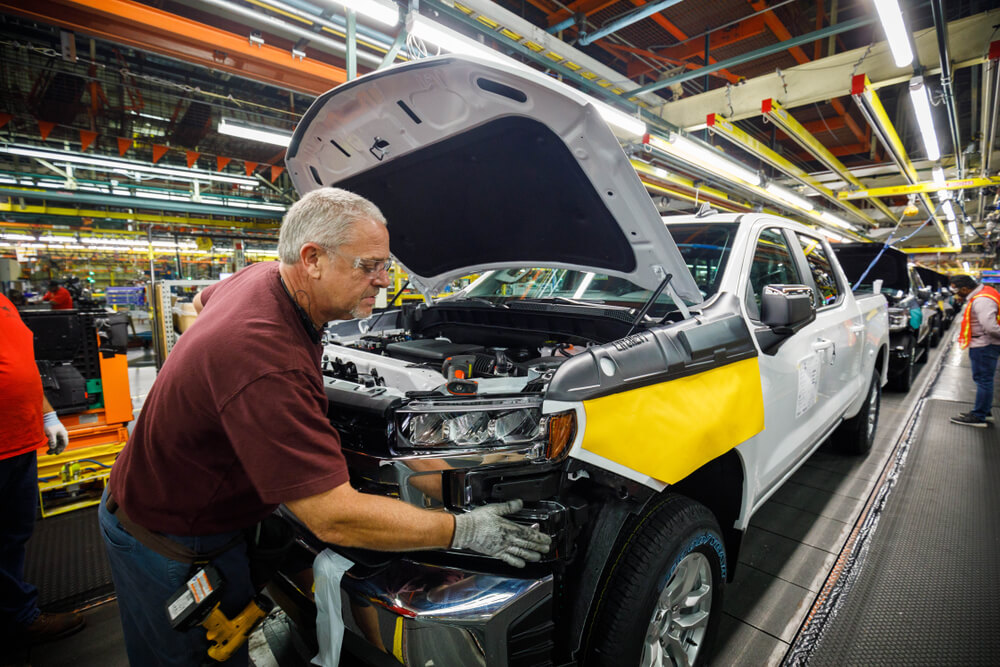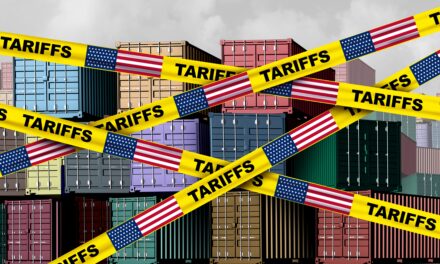United Auto Workers were in overwhelming support of allowing strikes during key negotiations between the union and Detroit’s big three automakers: General Motors, Ford Motor and Fiat Chrysler.
The UAW announced around 96% of union members at each of three manufacturers voted to allow strikes, which is down from previous negotiations, according to CNBC. Four years ago, 97% of GM and Fiat Chrysler workers voted yes, while 98% of Ford workers agreed.
While the strike vote is a normal process during negotiations, and history shows unanimous voting “yes” is common, it is still important because it allows the option for a strike if needed.
And strikes have been effective at harming the automakers in the past. In 2007, a two-day strike against GM cost the company more than $600 million, according to research from Buckingham Research Group.
UAW President Gary Jones doesn’t think anyone involved in the negotiations wants a strike, but it’s a “key tool in the toolbelt as our bargaining team sits across from the company.”
The other key decision released Tuesday is that GM will be the center of the negotiations that aim to set wages and benefits for 158,000 workers for the next four years. Any deal with GM will set the pattern used to create deals with the other two automakers.
Picking GM as the target is no surprise because it’s the most profitable of the three companies, and it also has announced plans to shutter four factories in Ohio, Michigan and Maryland. The union has pledged to fight the closures at two Detroit-area factories, in Lordstown, Ohio, and near Baltimore. Production already has stopped in Lordstown, Baltimore and one of the Detroit-area factories.
“We are focused. We are prepared and we are all ready to stand up for our members, our communities and our manufacturing future,” Jones said in a statement Tuesday.
Kristen Dziczek, vice president of labor, industry and economics at the Center for Automotive Research, thinks GM was picked because negotiations will be hardest with it compared to the other two. She also sees high chances for a strike for two reasons: The union has already raised strike pay for workers and Jones’ comments hinting at the union using all its tools — strikes being one of them — to get a deal done.
The Associated Press contributed to this article.




